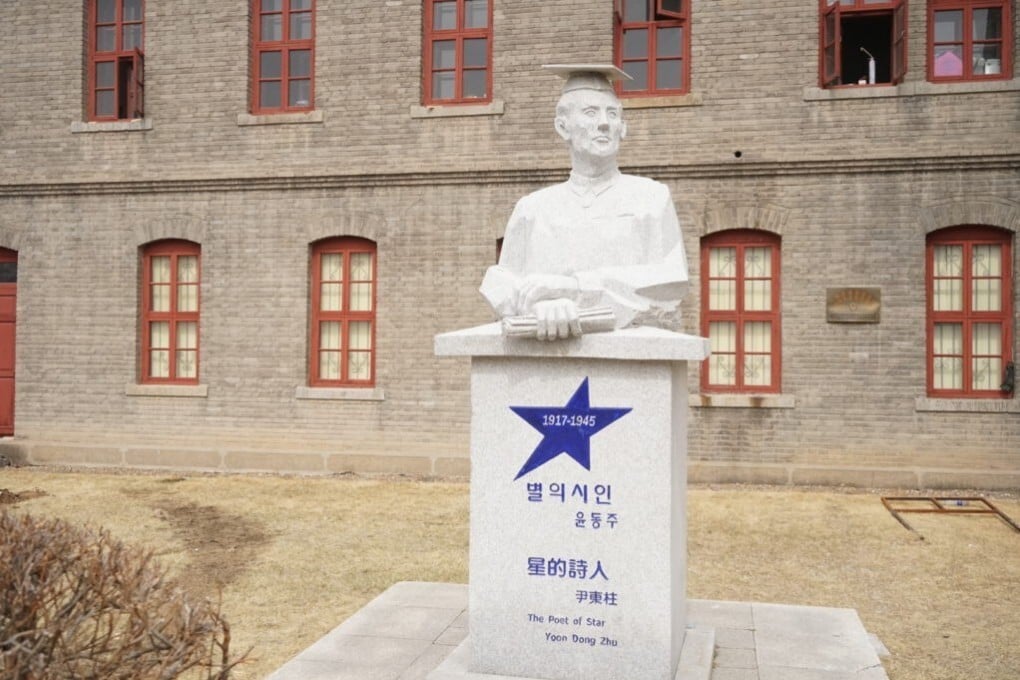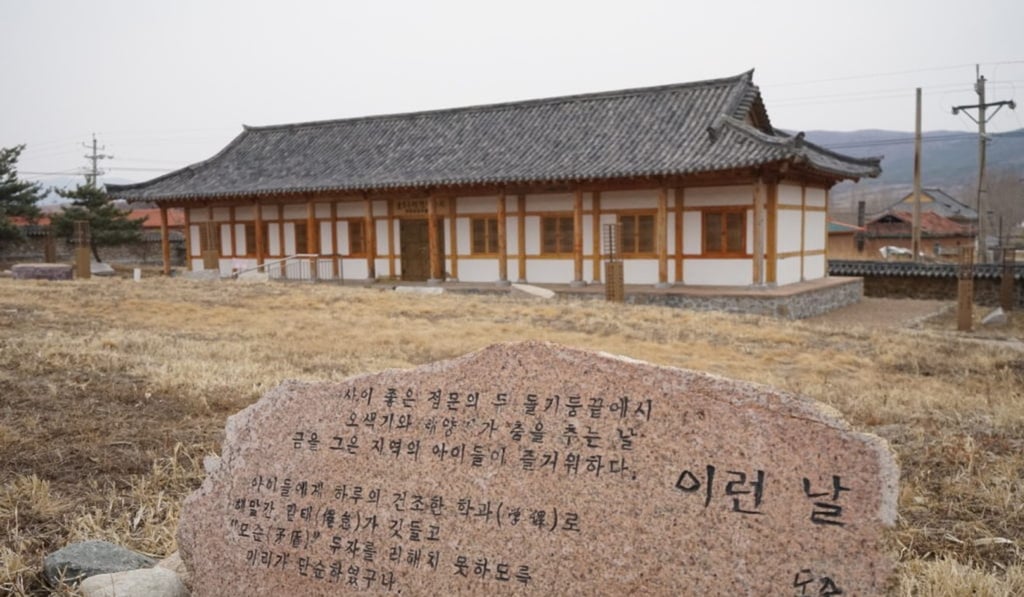Advertisement
Korean or Chinese? Debate over poet Yun Dong-joo’s identity reignites China vs Korea ‘kimchi wars’ dispute
- Using the official Chinese term for ethnic Koreans living in China to describe the late poet is a ‘historical distortion’, according to one Korean academic
- Yet determining which country can claim him as their own is difficult, given that he died before the birth of both modern-day China and South Korea
Reading Time:4 minutes
Why you can trust SCMP
3

South Korea’s foreign ministry has reached out to Beijing to smooth over an online dispute between nationals from both sides over the late poet Yun Dong-joo, who was born in Mingdong, a village in present day northeast China.
Yun – the son of Korean Christians who left the Korean peninsula in the late 19th century to escape famine – took part in the struggle for independence against Japanese imperialism when both the peninsula and northeast China, historically known as Manchuria, were under Japanese occupation.
In 2012, authorities in Mingdong village – which is located in Longjing city, China’s Jilin province – converted the poet’s ancestral home into a tourist attraction. A plaque near the entrance describes Yun, who Koreans refer to as Yoon, as a “Chinese ethnic Korean patriotic poet”.
Advertisement
But this plaque, as well as a description of Yun on the Chinese-language Wikipedia-like Baidu Baike website, have been criticised as a “historical distortion” by Seo Kyoung-duk, a professor at Sungshin University in Seoul, who wrote a lengthy Facebook post on the subject last week.

Advertisement
The issue, Seo said, stems from Baidu Baike’s use of the word chaoxianzu – the official Chinese term for ethnic Koreans living in China – to describe not just Yun, but a long list of other notable Koreans, including independence activists Lee Bon-chang and Yoon Bong-gil; King Sejong the Great of Korea’s Josean dynasty (1392–1897); and even celebrities born in modern-day South Korea such as competitive figure skater Kim Yuna and actress Lee Young-ae.
Advertisement
Select Voice
Choose your listening speed
Get through articles 2x faster
1.25x
250 WPM
Slow
Average
Fast
1.25x